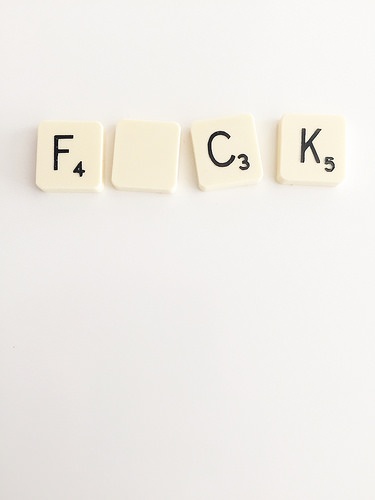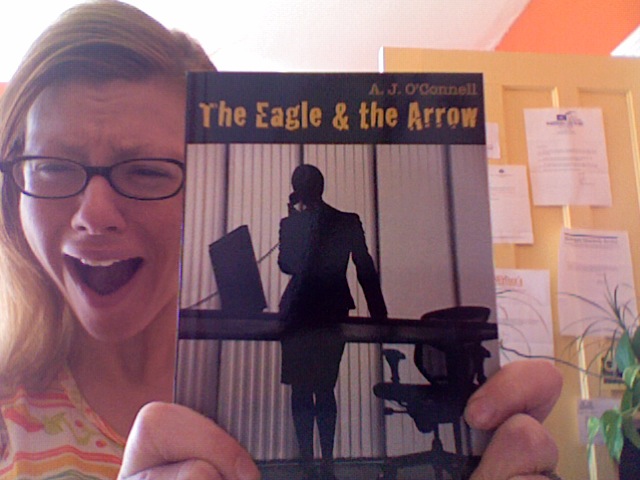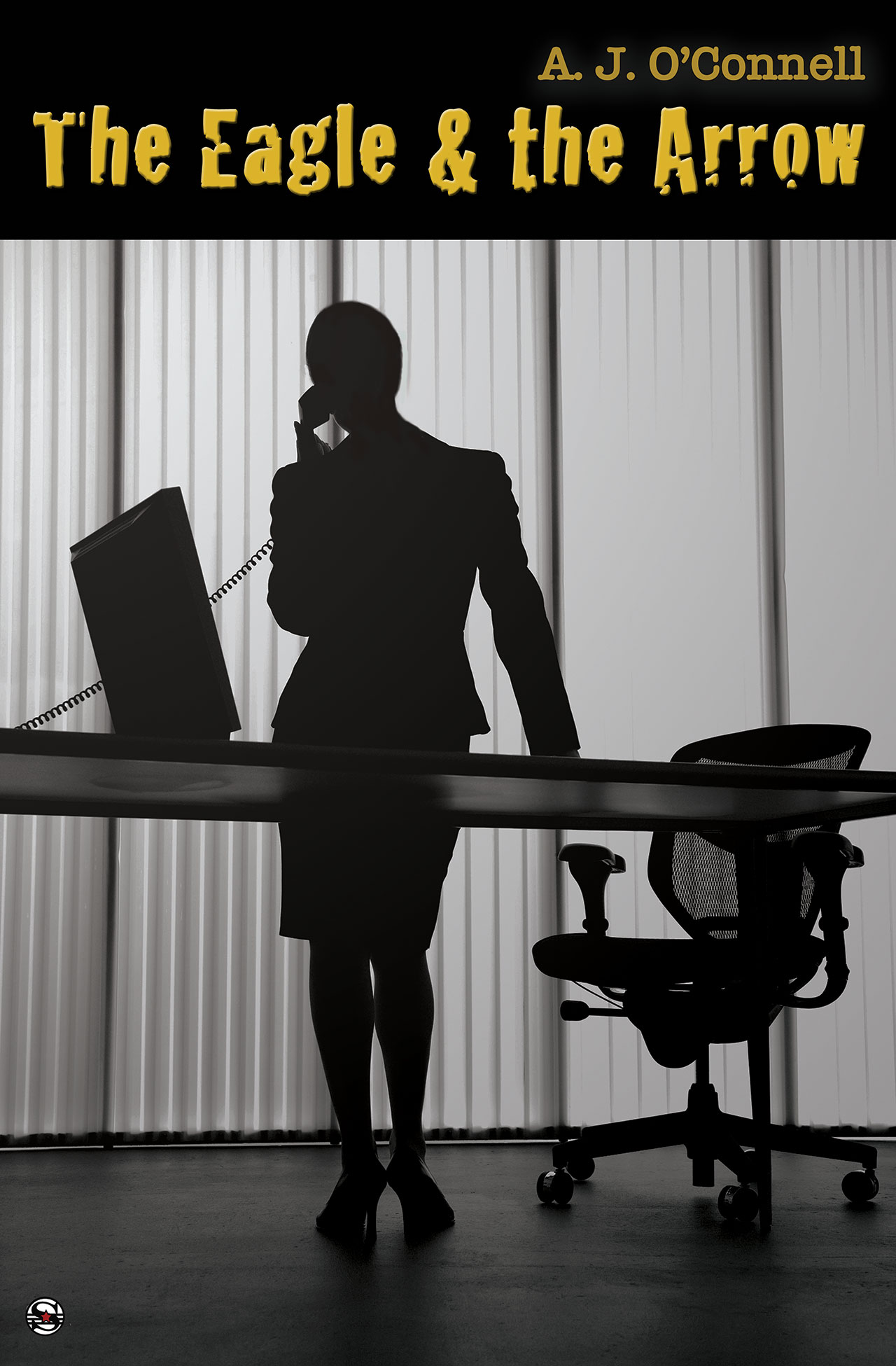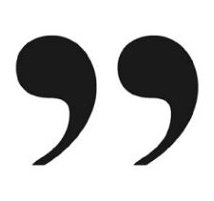 It’s always a little awkward when relatives read my books. A couple of years ago, one of my in-laws bought copies of my books for everyone on that side of the family as Christmas gifts. It was a really wonderful gesture, and I was flattered. I was also terrified because oh my god, my in-laws — lovely people I share a meal with maybe once a year when we are all dressed up and on best behavior — were going to read a sex scene I wrote. They were going to be exposed to my politics. They were going to read ALL the swears.
It’s always a little awkward when relatives read my books. A couple of years ago, one of my in-laws bought copies of my books for everyone on that side of the family as Christmas gifts. It was a really wonderful gesture, and I was flattered. I was also terrified because oh my god, my in-laws — lovely people I share a meal with maybe once a year when we are all dressed up and on best behavior — were going to read a sex scene I wrote. They were going to be exposed to my politics. They were going to read ALL the swears.
I’d been through this with my own family. In fact, I always feel compelled to warn my relatives about my fiction. When I’m writing, I try not to worry about what anyone thinks, because that would cripple the work itself. When I release my work to an editor, I’m ready for the public to read it. Once it’s out, I don’t care so much about what strangers think. But family? I care. Oh god, I care. Because I don’t want them to think that I am my characters.
Take swearing, for example. In life, I don’t swear all that much.
Which is not to say that I don’t swear at all. I do. But our child is learning to talk, so the big curse word in our house right now, when we stub a toe, or drop something, or get an unpleasant email, is “Benedict Cumberbatch.”
But when I’m writing? I swear a lot. Case in point: Beware the Hawk is 48 pages long. You can get through it in one sitting. But if you took a drink every time the main character says “fuck,” you’d be passed out by page 30. That’s just the kind of person that character is. She swears like a Big Lebowski cast member.
That’s who she is. But that’s not who I am.
You see this concern a lot in writing communities: often readers assume that works of fiction are about the author. There’s a little bit of truth in that. My political beliefs do inform my political thrillers. And all authors do put something of themselves into every character they create. But that doesn’t mean the protagonist is always a stand-in for the author. I’ve found that characters have to be built out, so that they make sense, fit into the framework of the story, and interact believably with the other characters.
I can actually think of one author who was writing a biographical novel. The main character was originally an author stand-in, and the novel wasn’t working. One day, the author realized that was because both the story and the protagonist had evolved. The character could no longer continue to parrot the choices the author had made.The character had to be allowed to do what the character would do, not what the author had done. After that, the story worked, but the character was no longer a substitute for the author.
This sort of transformation happens a lot, but readers don’t always know this. I’ve had people think that Beware the Hawk is about me (it’s not) and a even couple of readers think that it’s about them (guys, no.) So naturally I get freaked out when people I want to impress (my in-laws) read it.
Will I ever get over my in-laws reading my fiction? Probably not. Will I be okay with my son reading my books someday? Oh, Benedict Cumberbatch, he will, won’t he? Well, I’ll leap from that bridge when I come to it. Will any of this stop me from writing unlikeable heroines who cuss and fight and make bad choices? Nope. I was born to write fiction, and I believe in writing characters who are hot messes.
Looks like there’s nothing to do but write another chapter, and watch my language at the next family gathering.




